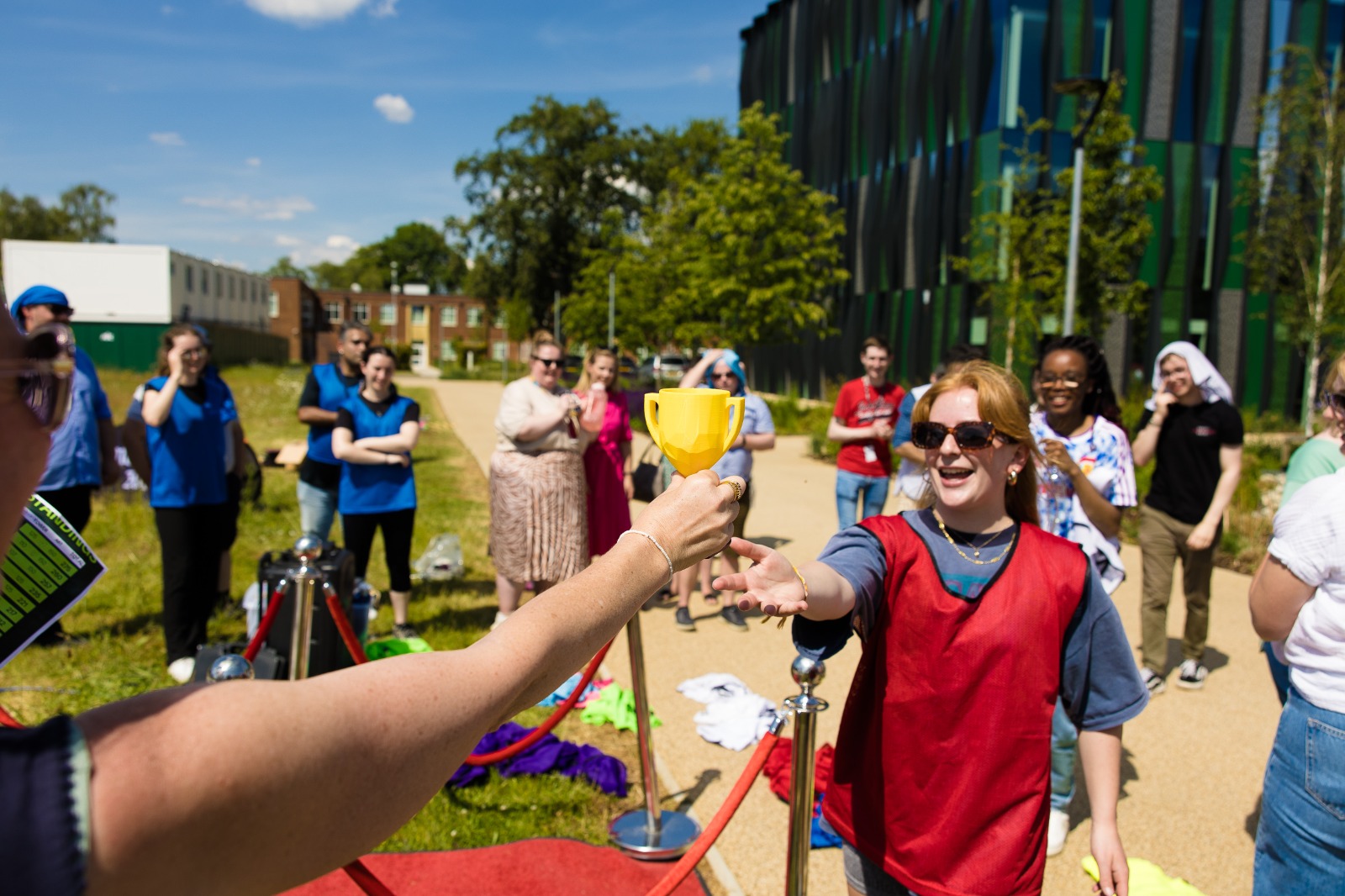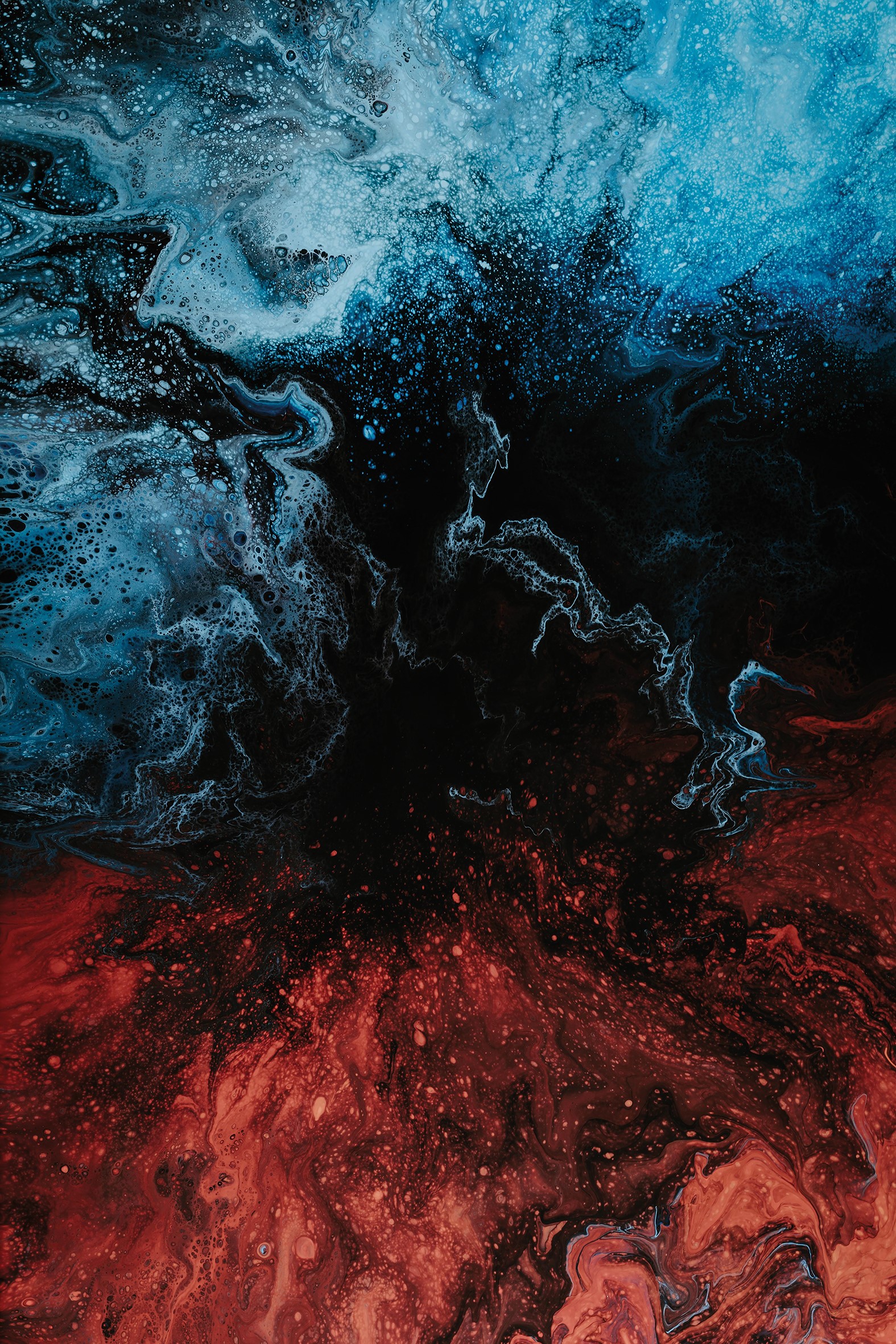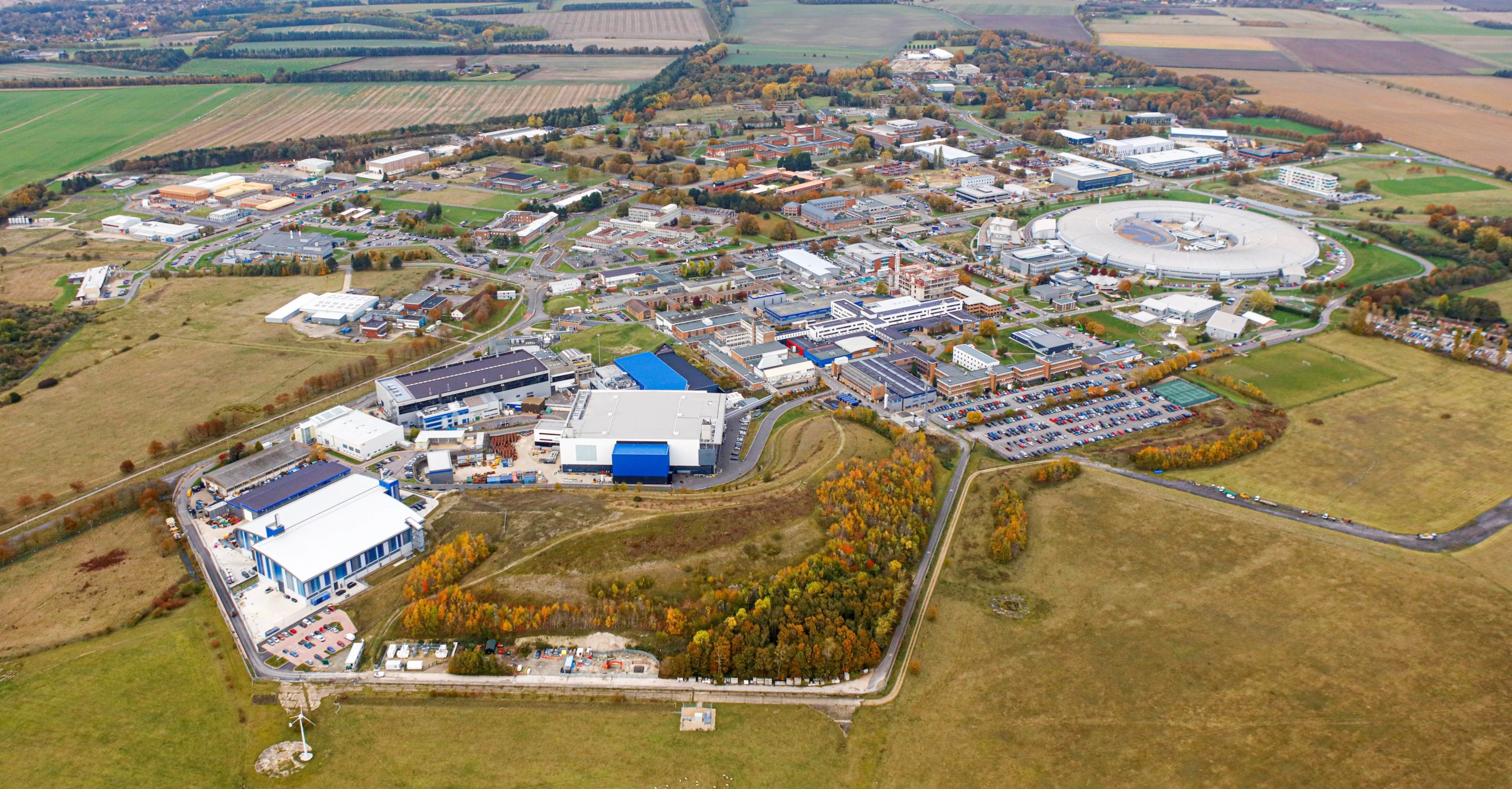RI Lecture: Do data deceive or inform?
20th Apr
19:00 – 20:30 | The Royal Institution, 21 Albemarle Street, London, W1S 4BS
Open to RI Members and non-members, available in-person and via Livestream. Emma…

14:00 – 17:00 | Harwell Campus
The 2024 cup-challenge is back for another year. The challenge is designed to heighten connectivity among our community of over 200 science, tech and innovation companies as teams of 6-8 people spend two afternoons competing in fun and accessible intellectual and physical based missions on campus. This is your chance to showcase your team’s skills […]
20th Apr
19:00 – 20:30 | The Royal Institution, 21 Albemarle Street, London, W1S 4BS
Open to RI Members and non-members, available in-person and via Livestream. Emma…
22nd Apr
10:00 – 18:30 | The Francis Crick Institute, 1 Midland Road, London, NW1 1AT
Light-sheet microscopy is an emerging technique that supersedes existing imaging…
23rd Apr
9:00 – 17:00 | The Hamilton Room, Rutherford Appleton Laboratory Visitors Centre, Harwell Campus
This very popular 2 day course highlights the growing need to extract reliable…
25th Apr
13:00 – 14:00 | Launchpad, Quad Two, Rutherford Avenue, OX11 0GD
James Cracknell, OBE, will be hosting a discussion about Neurodiversity on…
25th Apr
13:00 – 14:00 | TBC
THIS EVENT IS NOW COMBINED WITH NEURODIVERSITY WITH JAMES CRACKNELL, STARTING AT…
1st May
8:45 – 9:25 | Launchpad, Quad Two, Harwell OX11 0DF
Community Networking Breakfast Join us for a networking session over breakfast…
29th Apr
9:00 – 17:00 | The Hamilton Room, Rutherford Appleford Laboratory Visitors Centre, Harwell, Oxfordshire
Jumpstart your understanding of advanced chemical imaging & tomography with…
7th May
12:00 – 14:00 | RAL Visitor Centre, STFC, Harwell Campus, OX11 1OX
For more than 70 years, Atomic Weapons Establishment (AWE) has supported the UK…
14th May
19:00 – 20:30 | The Royal Institution, 21 Albemarle Street, London, W1S 4BS
Open to RI Members and non-members, available in-person and via Livestream…
Showing 9 of 26

The Member of the Future app is available exclusively for ARC members and provides everything you need to make the most of Harwell Campus. You can book classes or meeting rooms, enter competitions and find exclusive discounts. We’re improving the functionality all the time and will be adding add car park booking, visitor registration, shuttle timetables and access to space on our other campuses over the next few months. Scan the QR code or click below to download.


Harwell Connect
Bi-monthly events open to all campus organisations. Providing an opportunity to network and meet colleagues and see behind the scenes of some of the buildings and facilities.

Harwell NextGen
A programme of events and opportunities for early-career professionals and students. Our mission is to foster innovation and collaboration through nurturing and supporting you.

Looking for event space on campus?